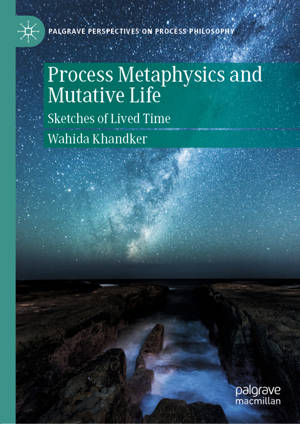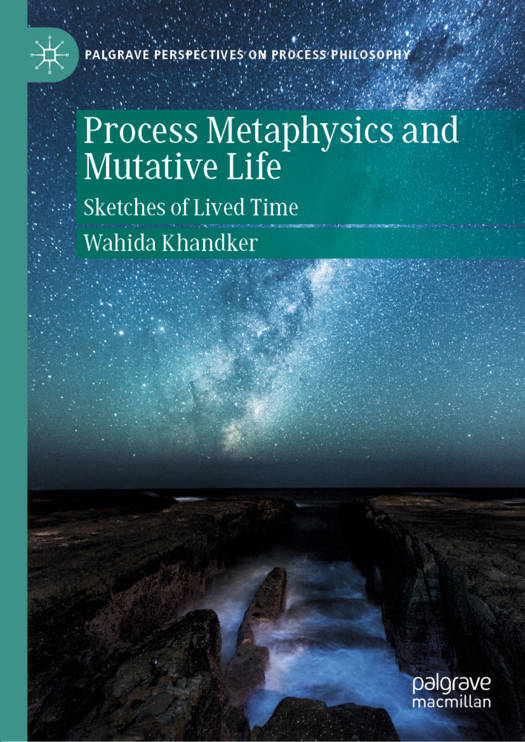
- Afhalen na 1 uur in een winkel met voorraad
- Gratis thuislevering in België vanaf € 30
- Ruim aanbod met 7 miljoen producten
- Afhalen na 1 uur in een winkel met voorraad
- Gratis thuislevering in België vanaf € 30
- Ruim aanbod met 7 miljoen producten
Omschrijving
This book provides a survey of key process-philosophical approaches that, in conversation with selected concepts across the biological and physical sciences, help us to think about living processes, or 'lived time, ' at different scales of functioning.
The first part is written from an opening perspective on the question of the differing scales of analysis provided by Alfred North Whitehead. In particular, his interest in questions arising from the quantum mechanical reconciliation with classical mechanics informs the first two chapters that address problematic categorizations of life as variously 'despotic, ' 'invasive, ' or as primitive (in the radically more-than-human case of micro-organisms), whose potential recategorization relies on our willingness to acknowledge changes in value depending on the scale at which we view them.
The second part of the book concerns methodologies, in the light of works by Henri Bergson, whose intertwiningconcerns with epistemology and ontology in his theories of mind and life serve as a model for a process philosophy of biology. The chapters focus on techniques used across philosophy and the sciences to visualize processes that are otherwise unavailable to us due to the limitations of our perceptual faculties, no matter how sophisticated the tools for analysis, from microscopes to telescopes, have become. This book concludes with a consideration of the relations between parts and wholes in process, panpsychist, and ecological terms. It revisits the question of ecological balance and the place of human activities in relation to it, with reference to works of Charles Hartshorne and William James.
Specificaties
Betrokkenen
- Auteur(s):
- Uitgeverij:
Inhoud
- Aantal bladzijden:
- 193
- Taal:
- Engels
- Reeks:
Eigenschappen
- Productcode (EAN):
- 9783030430504
- Verschijningsdatum:
- 12/05/2021
- Uitvoering:
- Paperback
- Formaat:
- Trade paperback (VS)
- Afmetingen:
- 148 mm x 210 mm
- Gewicht:
- 276 g

Alleen bij Standaard Boekhandel
Beoordelingen
We publiceren alleen reviews die voldoen aan de voorwaarden voor reviews. Bekijk onze voorwaarden voor reviews.











